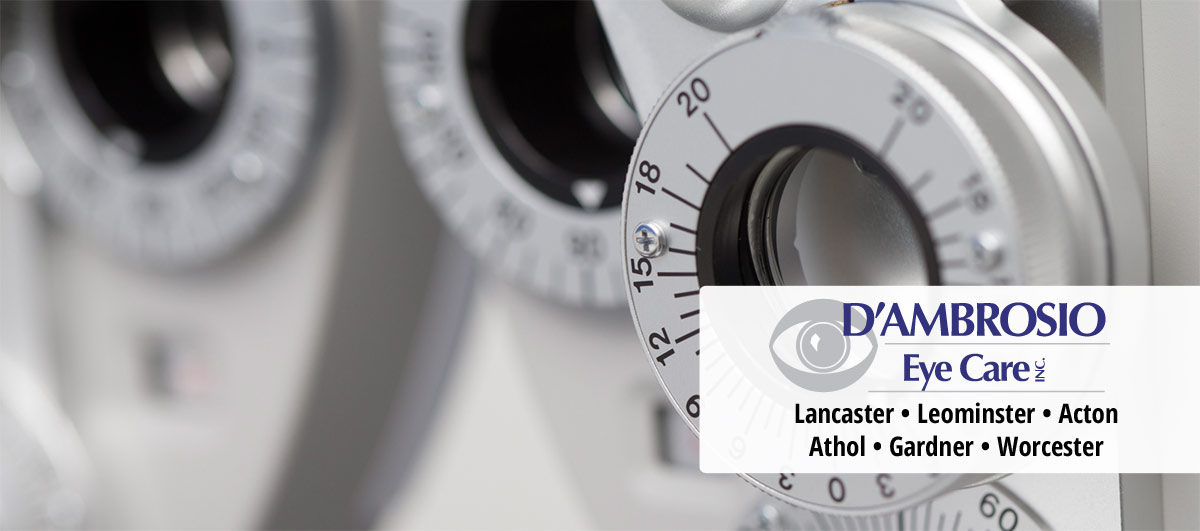Medical marijuana is promoted as
a treatment for many diseases, including glaucoma. Boston
Glaucoma Specialist Bin Wu, M.D. discussed medical marijuana and glaucoma.
“Glaucoma is an eye disease in which the optic nerve becomes damaged over time,
reducing peripheral vision. If not properly diagnosed and treated it can lead
to blindness. One cause of the optic nerve damage in glaucoma is
higher-than-normal pressure within the eye, called intraocular pressure or IOP,”
explained Dr. Wu of D’Ambrosio
Eye Care with offices in Athol, Lancaster, Acton & Gardner, Massachusetts. Currently
glaucoma treatment for the most part is to lower IOP levels with eye drops,
laser treatment, oral medications and sometimes surgery depending on the type
of glaucoma and how severe it is.”
The effect that marijuana has on your ability to function is not the only side effect from the drug, however. Marijuana cigarettes contain hundreds of compounds that damage the lungs. Research has shown that regular and frequent use of marijuana, particularly in high doses, can cause problems with short-term memory and concentration.
As scientists learn more about glaucoma, they have also come to understand that IOP is not the only factor that damages the optic nerve. Recent studies characterize glaucoma as a neurologic disease similar to Parkinson's or Alzheimer's. And, there is increasing evidence that reduced flow of blood to the optic nerve may also cause damage in patients with glaucoma. Unfortunately, marijuana not only lowers IOP, but it lowers blood pressure throughout the body. As a result, it has the potential to lower the blood flow to the optic nerve, effectively canceling out the benefit of a lowered IOP. So, while marijuana can temporarily lower your IOP, it's not recommended for treating glaucoma. Prescription medications, laser and surgical treatments have been tested and proven as effective treatments for the glaucoma.
If you or someone you know has questions about eye exams, glaucoma
and medical marijuana they are encouraged to schedule an eye
examination at D’Ambrosio Eye Care by calling us at 800-325-3937, visiting D’Ambrosio Eye Care or
facebook.com/dambrosioeyecare so that we can help recommend an appropriate
treatment plan.
Staffed
by a team of Ophthalmologists, Optometrists, Opticians, technical and
administrative staff who provide eye examinations for adults and children, cataract
surgery and intraocular lens implants (IOL), laser
vision correction such as LASIK, diagnosis and
treatment of cornea disease including cornea
transplants, care for diseases of the retina
including diabetes and age related macular degeneration and diagnosis and
treatment of glaucoma as well as contact lenses, eyeglasses, eyewear and
optical services.
D'Ambrosio
Eye Care is a leading eye
and LASIK care practice in Athol, Lancaster, Gardner and Acton that serves the greater Boston and central
Massachusetts area including Acton, Athol,
Berlin, Bolton, Boylston, Boxborough, Chelmsford, Clinton, Concord, Fitchburg,
Gardner, Greenfield, Groton, Harvard, Hudson, Lancaster, Leominster,
Lexington, Littleton, Lowell, Lunenburg, Marlborough, Milford, Shelburne Falls,
Shirley, Sterling, Stow, Sudbury, Templeton, Westminster, Westborough,
Winchendon and Worcester, Massachusetts.
